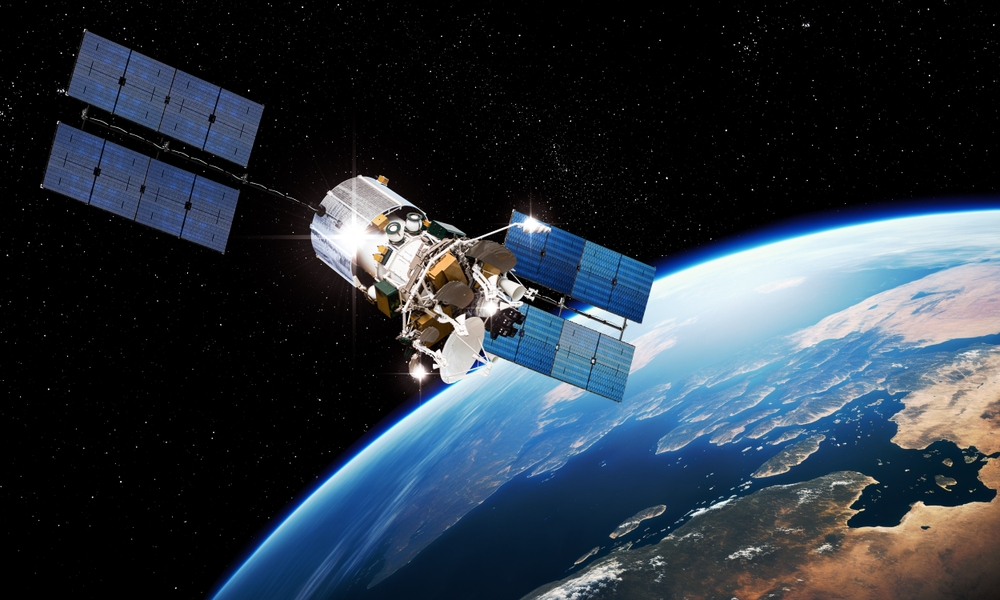The United States must enhance the protection of its low Earth orbit satellites from nuclear threats
Others are reading now
The United States must enhance the protection of its low Earth orbit (LEO) satellites from nuclear threats, according to a report by Lenta
Potential Nuclear Strikes
This urgent recommendation stems from concerns over potential nuclear strikes by Russia or China, which could have catastrophic consequences for U.S. satellite infrastructure.
The report highlights a particularly alarming scenario where a nuclear attack could target an American satellite in LEO. Such an attack would generate an electromagnetic pulse (EMP) and release high-energy particles into Earth’s radiation belts. These particles would pose a severe threat to satellites orbiting at altitudes between 160 and 2,000 kilometers.
“A high-altitude nuclear explosion would increase the peak radiation flux in parts of the Van Allen belts by three to four orders of magnitude, leading to the failure of most, if not all, satellites in LEO that are not specifically hardened against this threat within weeks or months,” the publication warns.
Also read
Essential Advancements
In April, during the 39th Space Symposium, U.S. Deputy Secretary of Defense for Research and Engineering, Heidi Shyu, emphasized the need for the American private sector to develop cost-effective radiation-hardened electronics.
These advancements are essential to ensure the reliable operation of satellites in LEO under such extreme conditions.
Earlier this year, American media outlets reported on alleged plans by Russia to deploy nuclear weapons in space. However, in February, Russian President Vladimir Putin dismissed these reports as misinformation during his address to the Federal Assembly.


